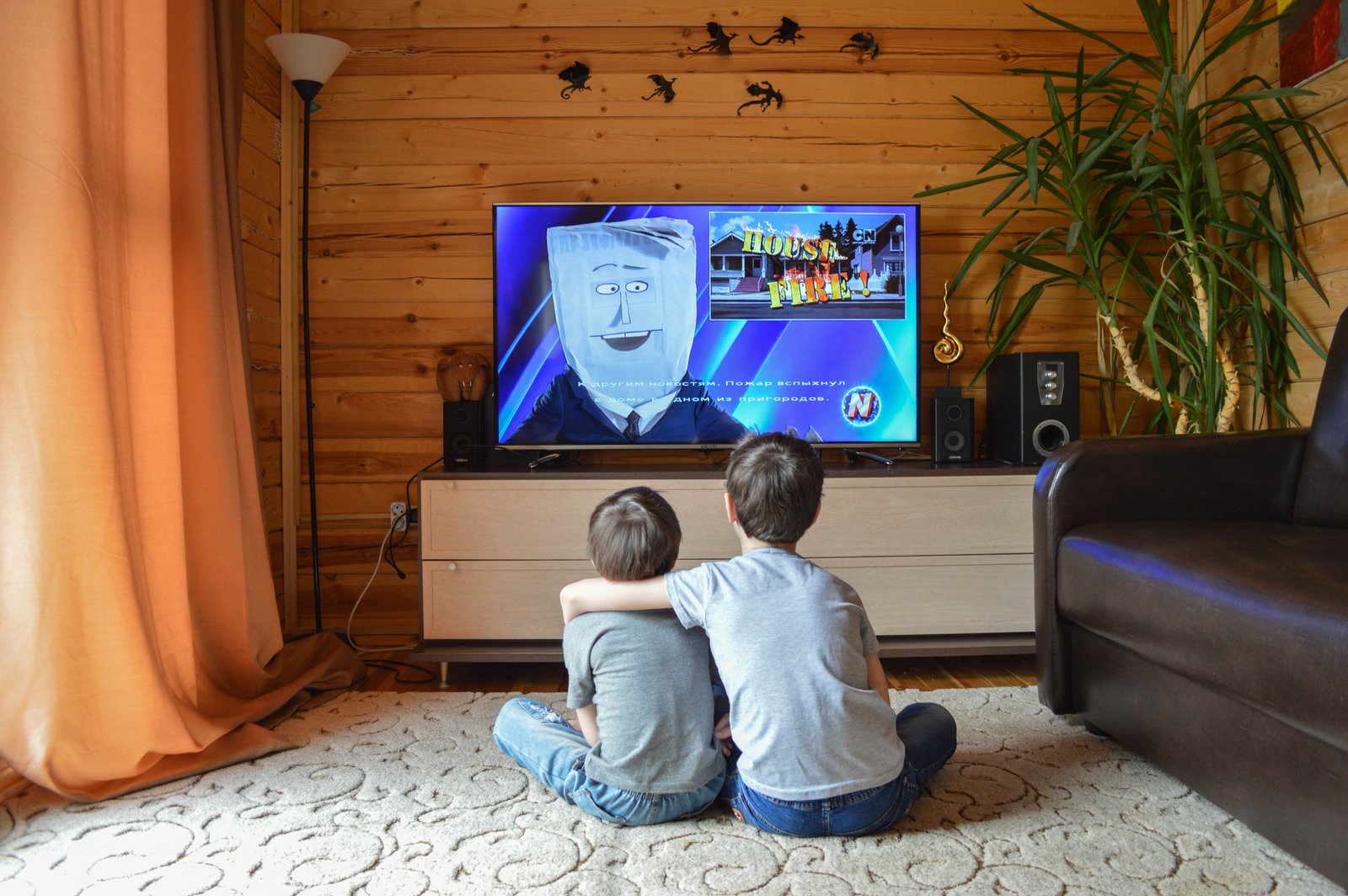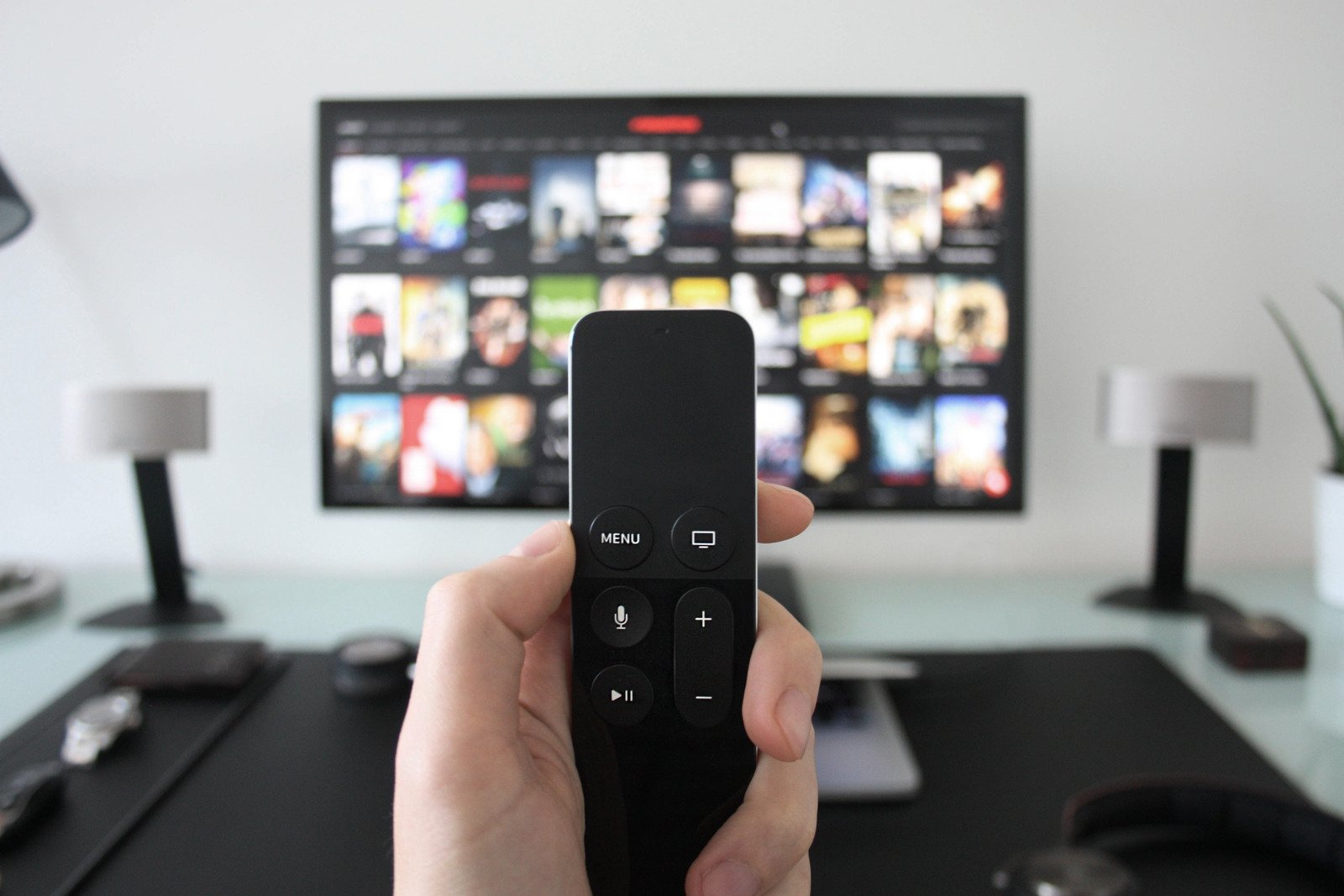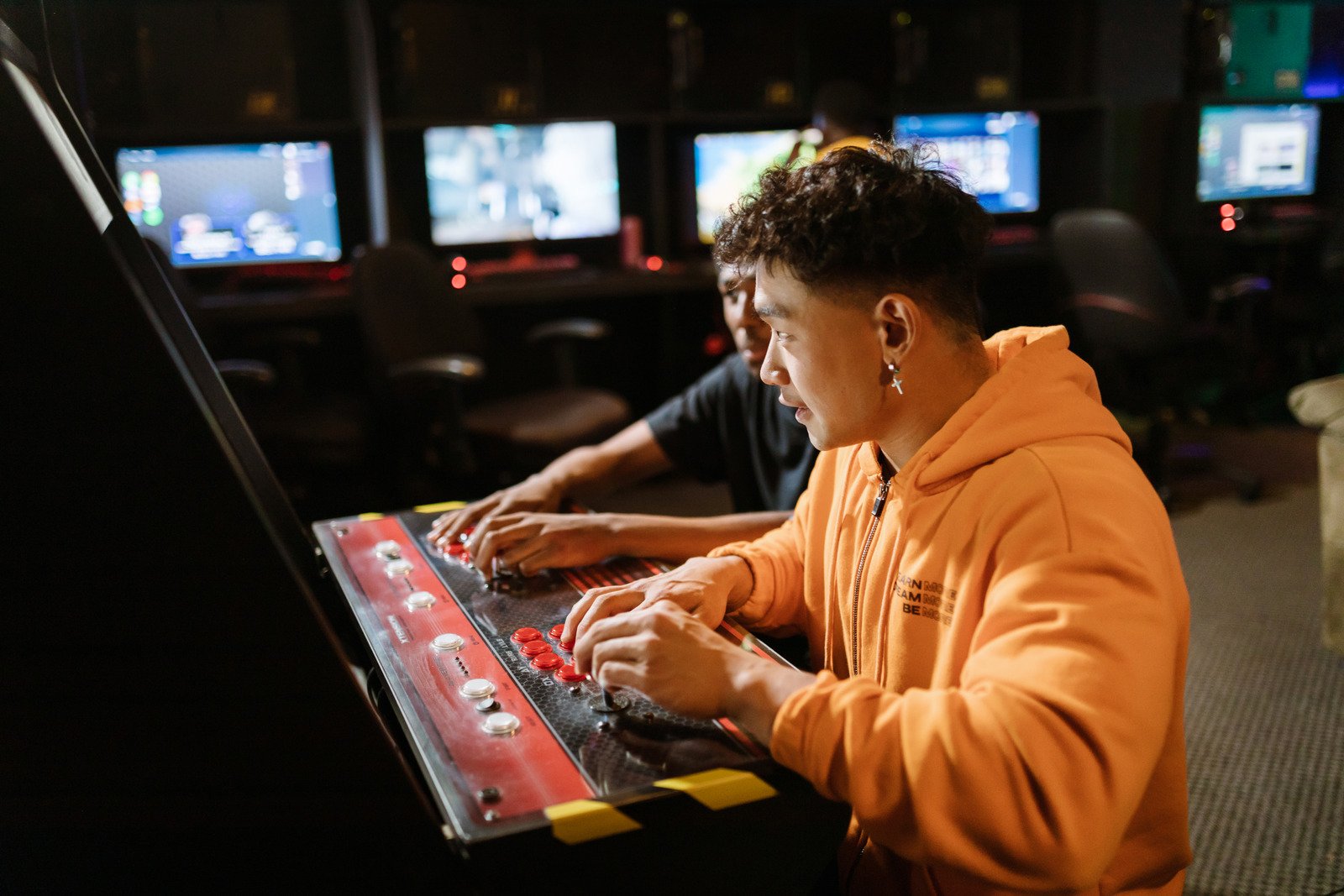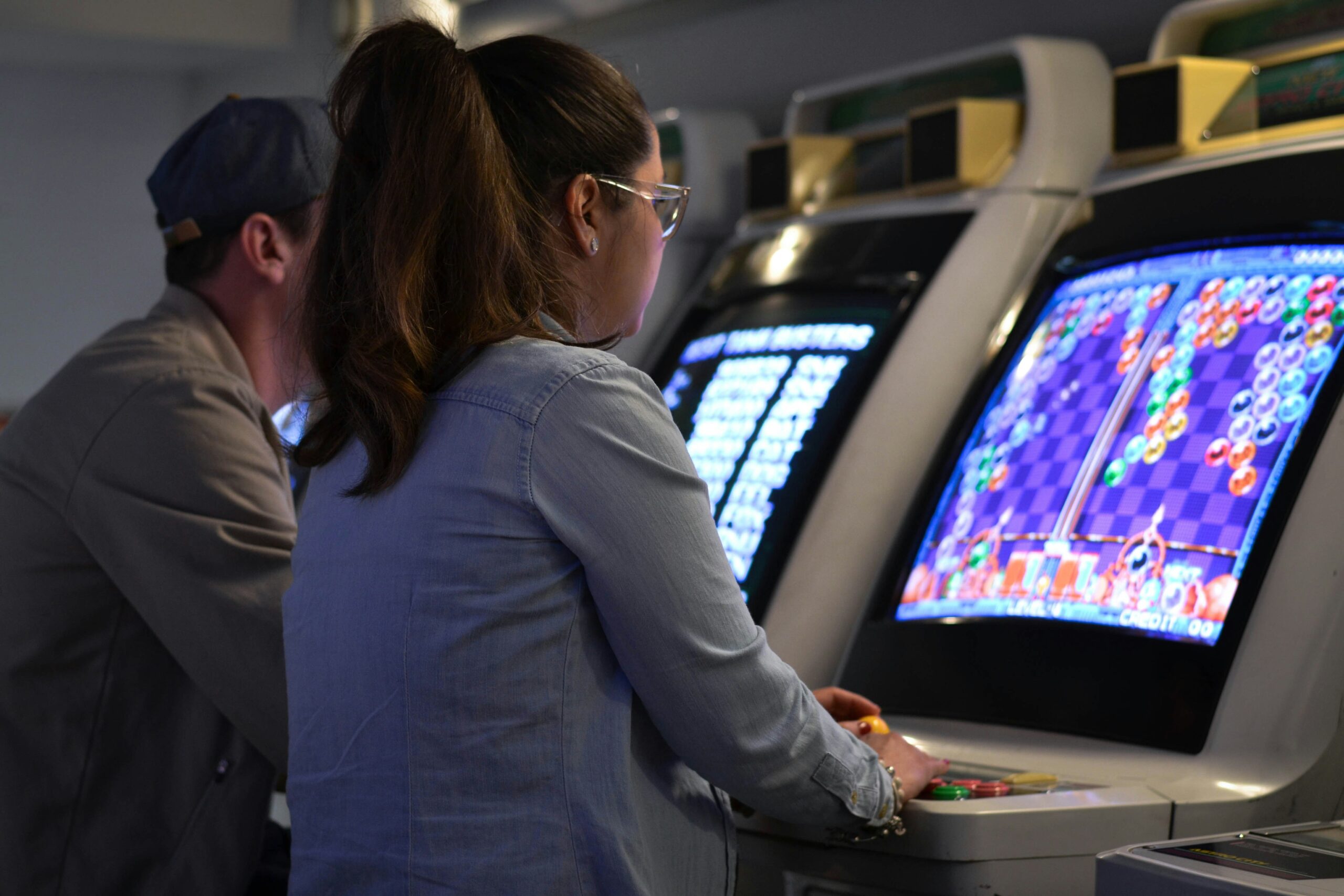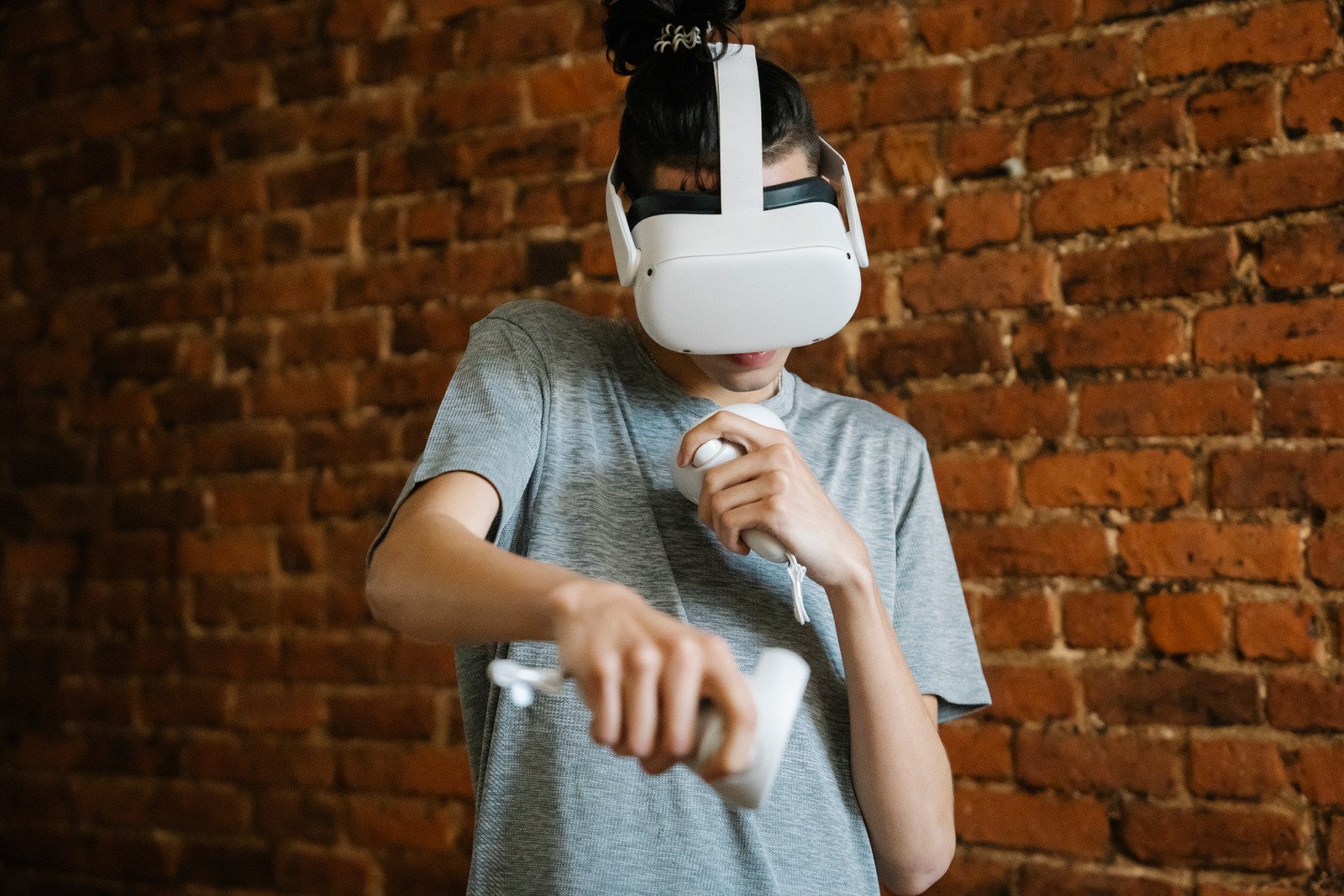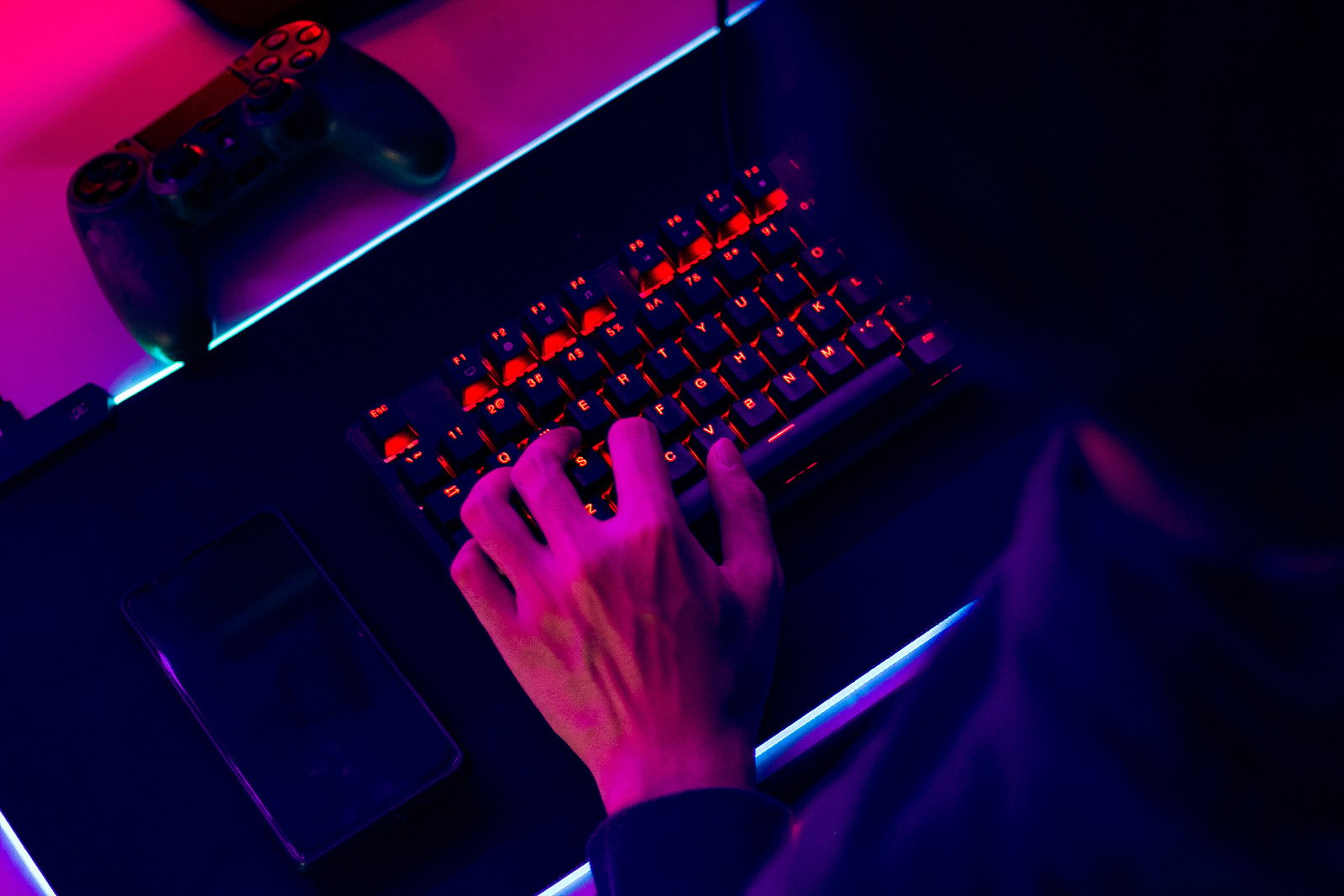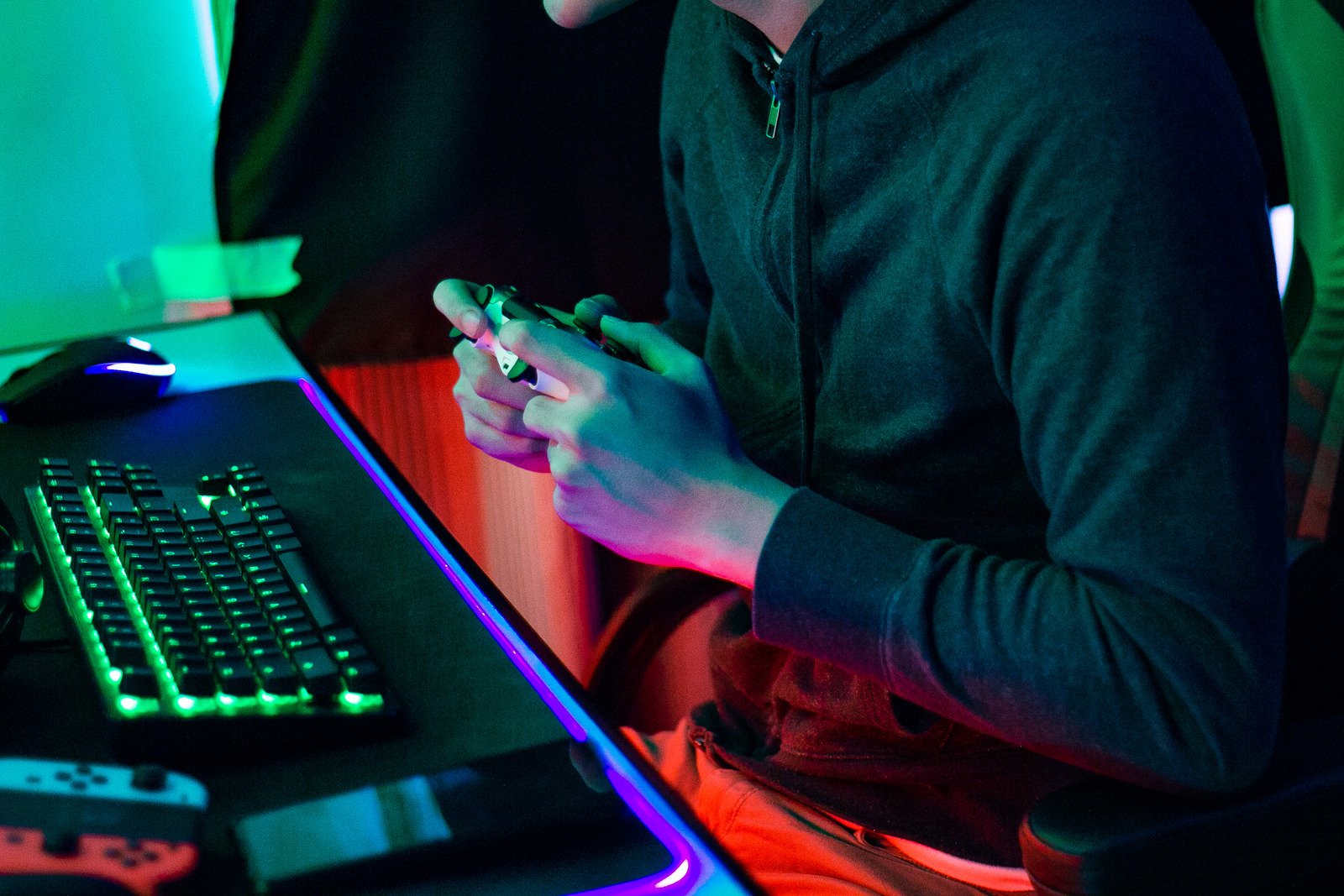Are video games a friend or foe when it comes to mental health? This age-old debate continues to spark conversations among gamers, parents, and healthcare professionals alike. From stress relief to concerns about addiction, the impact of video games on our well-being is a complex and multifaceted issue. Let’s dive into the world of gaming and explore how it affects our mental health – for better or for worse!
The positive effects of video games on mental health
Stress relief and relaxation are often cited as key benefits of playing video games. Immersing oneself in a virtual world can provide an escape from the stresses of everyday life, offering a much-needed break and a chance to unwind. The engaging nature of games can help individuals focus their attention away from negative thoughts or worries, promoting mental relaxation.
Moreover, video games have been shown to offer cognitive benefits such as improved problem-solving skills, enhanced memory retention, and increased spatial awareness. Many games require players to think strategically, make quick decisions, and adapt to changing situations – all of which can stimulate the brain and improve cognitive function. This mental stimulation can be particularly beneficial for individuals looking to keep their minds sharp and agile.
While video games are often scrutinized for their potential negative impact on mental health, it’s essential to acknowledge the positive aspects they bring to the table. From providing stress relief to boosting cognitive abilities, gaming has the potential to offer valuable mental health benefits when enjoyed in moderation.
A. Stress relief and relaxation
Video games have the power to transport us to different worlds, allowing us to escape from the stresses of everyday life. The immersive nature of gaming can provide a much-needed break from reality, giving our minds a chance to unwind and relax.
When we dive into a game, we are able to focus on challenges and objectives, temporarily shifting our attention away from worries and anxieties. This shift in focus can be incredibly therapeutic, helping us recharge and rejuvenate our mental well-being.
Whether it’s exploring vast open worlds or solving intricate puzzles, video games offer a variety of experiences that cater to different preferences. Some may find solace in the calming visuals and music of certain games, while others may thrive on the adrenaline rush of intense action sequences.
Finding moments of stress relief and relaxation through gaming is about embracing the escapism it provides. By immersing ourselves in these virtual realms, we give ourselves permission to let go of tension and simply enjoy the journey unfolding before us.
B. Cognitive benefits
Video games offer more than just entertainment; they can also provide cognitive benefits that challenge and stimulate the mind.
Playing video games requires players to make quick decisions, strategize, and problem-solve in dynamic environments. This helps enhance cognitive functions such as memory, attention span, and spatial reasoning.
Certain types of video games, like puzzle or adventure games, can improve critical thinking skills by encouraging players to think creatively and logically to progress through the game.
Additionally, multiplayer online games promote social interaction and teamwork, fostering communication skills and collaboration among players.
Engaging with different gaming genres can even enhance multitasking abilities as players learn to juggle various tasks simultaneously within the game environment.
The negative effects of video games on mental health
Video games, while entertaining, can have negative effects on mental health if not consumed in moderation. One of the major concerns is addiction and excessive screen time. Spending long hours gaming can lead to neglecting other important aspects of life such as social interactions, physical activities, and sleep. This imbalance can contribute to feelings of isolation and poor overall well-being.
Furthermore, frequent exposure to violent or aggressive content in video games has been linked to an increase in aggressive behavior and desensitization towards violence. This desensitization may blur the lines between fantasy and reality, impacting how individuals perceive real-world situations and relationships.
It’s essential for gamers to be mindful of their gaming habits and prioritize mental health awareness. Setting boundaries around gaming time, taking breaks regularly, and engaging in other activities outside of gaming are all crucial steps towards maintaining a healthy balance between gameplay enjoyment and mental well-being.
A. Addiction and excessive screen time
Addiction and excessive screen time are two significant concerns when it comes to the impact of video games on mental health. It’s easy to get lost in the virtual world, spending hours glued to a screen without realizing how much time has passed. This can lead to neglecting other responsibilities or activities that are essential for overall well-being.
When gaming becomes an obsession, it can interfere with daily life, causing disruptions in sleep patterns, eating habits, and social interactions. The constant stimulation from video games may also contribute to increased anxiety and isolation. It’s crucial to recognize when gaming habits start veering into unhealthy territory and take steps to address them before they escalate.
Setting boundaries around gaming time, incorporating regular breaks, and engaging in alternative activities can help counteract the negative effects of addiction and excessive screen time. Prioritizing balance between gaming enjoyment and mental health awareness is key in maintaining a healthy relationship with video games.
B. Aggressive behavior and desensitization to violence
Video games have been a source of concern when it comes to their potential impact on mental health, particularly in terms of aggressive behavior and desensitization to violence. Some studies suggest that prolonged exposure to violent video games may desensitize individuals to real-life violence, blurring the lines between fantasy and reality.
It’s important to recognize that not all gamers will exhibit aggressive tendencies or become desensitized to violence as a result of playing video games. However, it is essential for parents and guardians to monitor the content of the games their children are playing and ensure they are age-appropriate.
Research also indicates that individuals who already have aggressive tendencies may be more susceptible to the negative effects of violent video games. It’s crucial for gamers to be mindful of how gaming influences their emotions and behaviors, taking breaks when needed.
While there is ongoing debate about the relationship between video game violence and real-world aggression, it’s essential for players to approach gaming with awareness and moderation. Striking a balance between enjoying video games as a form of entertainment while being conscious of potential impacts on mental health is key.
How to balance gaming with mental health awareness
As gaming continues to be a popular form of entertainment, it’s essential to find a balance between enjoying games and maintaining mental well-being. One way to achieve this balance is by setting boundaries for your gaming sessions. Allocate specific times for gaming and ensure you take regular breaks to rest your mind.
Incorporating physical activity into your routine can also help offset the sedentary nature of gaming. Take breaks to stretch or go for a walk outside to refresh both your body and mind. Additionally, practicing mindfulness techniques such as deep breathing or meditation can enhance self-awareness and reduce stress levels.
Engaging in social interactions within the gaming community can foster connections and combat feelings of isolation. Whether through online multiplayer games or local meetups, building relationships with fellow gamers can contribute positively to mental health.
Remember that moderation is key when it comes to gaming. Be mindful of how much time you spend playing video games and prioritize other activities that promote overall well-being. By finding harmony between gaming and mental health awareness, you can enjoy the benefits of both worlds without compromising one for the other.
Tips for parents and guardians
As a parent or guardian, it’s essential to stay informed and involved in your child’s gaming habits. Encourage open communication about their favorite games and take an interest in what they’re playing. Set clear boundaries around screen time and establish designated gaming hours to maintain balance.
Educate yourself on the content of the games your child is playing. Look for age-appropriate options that promote learning and skill development. Monitor their online interactions and ensure they are engaging with a safe community while gaming.
Encourage physical activity and outdoor play to complement their gaming time. Balance is key when it comes to maintaining a healthy lifestyle for your child. Model good behavior by setting limits on your own screen time usage and prioritizing real-life connections.
Stay attuned to any changes in mood or behavior that may be linked to excessive gaming. If you notice signs of addiction or negative impacts on mental health, seek professional guidance promptly. Remember, being proactive and supportive can help foster a positive relationship with gaming while safeguarding mental well-being.
The rise of
As we navigate the complex landscape of video games and mental health, it’s crucial to acknowledge both the positive and negative impacts they can have on our well-being. By recognizing the benefits like stress relief, cognitive enhancement, and even social connections that gaming can provide, we open ourselves up to a world of possibilities for improving mental health.
However, it’s equally important to be aware of the potential pitfalls such as addiction, excessive screen time, and desensitization to violence that can arise from unchecked gaming habits. Finding a balance between enjoying video games and maintaining mental health awareness is key.
By implementing strategies like setting boundaries around screen time, encouraging physical activity, fostering open communication with loved ones about gaming habits, and seeking professional help when needed, we can cultivate a healthy relationship with video games while safeguarding our mental well-being.
The rise of digital entertainment has undoubtedly transformed how we engage with technology and media. As we continue to explore the impact of video games on mental health in this rapidly evolving landscape, staying informed and proactive will be essential in promoting overall wellness for gamers of all ages. Let’s embrace the power of gaming while nurturing our minds for a brighter future ahead.


